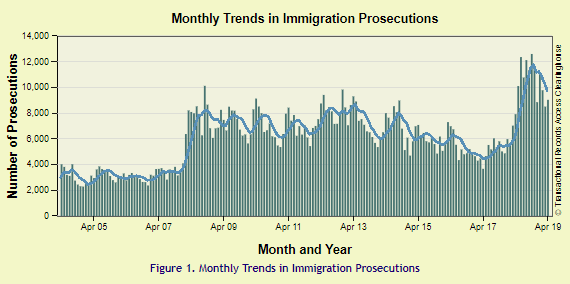econlib.org/reflections-fr…
The main point is -
Sure. Countries should let in more people. But this process of "letting in" can be overtly racist. And that's OK
But in its essence, US is a Western European outpost, with a strong affinity to England in particular in terms of culture (though German is the most common ethnicity)
We can have a LOT more immigration if only it were restricted to races and cultures that have a LOT in common with the destination country
The Caribbean islands can let their doors open to a lot more African immigration. A country like Barbados is a LOT richer than Sierra Leone
E.g. We do see a lot of Muslims from elsewhere moving to UAE, Saudi. A good thing
And what prevents them from changing that "situation" are the barriers of culture
But this barrier is an artificial one. Most people can identify several countries whose cultures match theirs
But to my mind it is a pragmatic way of matching cultures to geography.
And liberating those who are born in the wrong geography so to speak
Good example -
Indians and Africans in Caribbean islands
Yet culturally they remain distinct from the rest of the Black population
The inter-mingling is limited, and the identity is distinct a good 4-5 generations after migration
I say - not quite. The races that have mingled in the US are for the most part those of Western and Northern Europe.
Sure..no Anglo Saxon American has ever had qualms marrying a German American
The intermingling of races is much less than one is led to believe





